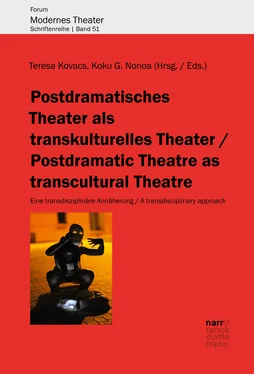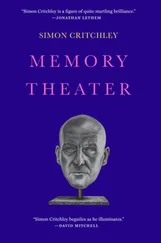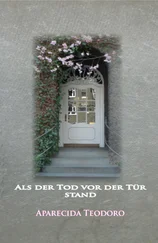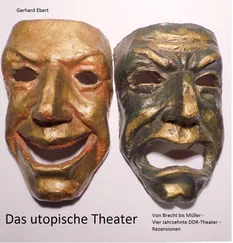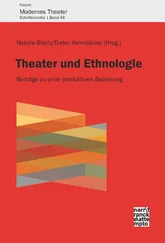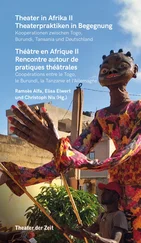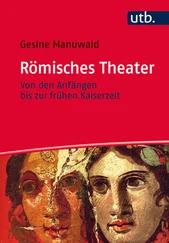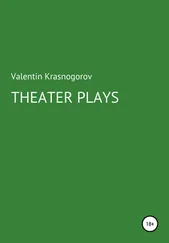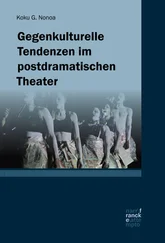Patrick Primavesi:It is not productive to continue the use of too narrow a concept of theatre. “Theater der Welt” for instance is a German attempt to present different theatre forms of the world at festivals. However, obviously, neither the festival “Theater der Welt”, nor the concept of World Theatre can represent all theatre practices of the world. Once more, I suggest a closer look at theatrical practices. We should also avoid the trap of claiming that theatre belongs to a particular national or indigenous ritual practice. Instead of merely representing something like the true origin of a specific culture, theatre can intensify a multidimensional und diverse process of exchange between different cultures and different worlds.
Koku G. Nonoa:An comment coming from the audience says it is very important to talk more about practices instead of focusing on a highbrow literary conception of theatre. If you talk about “World Literature” you always have an idea of the highbrow. We also have film in theatre practice. Film in general it is not as strongly related to highbrow literature as theatre.
Chistopher Balme:This is an interesting point. We have to historicize the term “theatre” to understand historical backgrounds. I don’t think that a hundred years ago, when Western theatre was introduced in Asian countries, it was understood in a highbrow way. I have been studying and doing research on an English acting manager who toured around the world between 1900 and 1922 and constructed many theatre buildings. And what he performed in most theatres was anything: he would for instance also show films and movies etc. He used to show English musical comedies too, but we still recognize theatre in the activities he performed in the buildings he constructed.
Theatre buildings have a very complex history. There are a lot of things going on in these buildings that belong to the practice of theatre. This is part of the story when talking about how Western theatre came into the world. What spread throughout the world quietly and in a heterogeneous way may be forgotten now. So, film yes, but it is one of the many cultural practices that are also used in theatres.
Koku G. Nonoa:It is becoming obvious in this debate that all the speakers are trying to find alternative ways of dealing with theatre as a cultural practice that is approached and expressed in diverse ways around the world. Theatre as cultural practice is not (only) a highbrow and homogeneous medium, theatre is a culturally specific medium that reflects (on) historical, economical und political realities all over the world.
My last question to you, speakers of the panel: Which understanding of theatre linked to power relations in the world is useful to approach theatre practice? Because talking, e.g., about theatre as a medium of cultural practice also relates to questions about power relations and power play. How does theatre as a cultural practice handle this power situation?
Janine Lewis:I think we must look at different world performances and other ritualistic practices of theatre that share some similarities with the contemporary understanding of theatre practice. The chosen concept of World Theatre should focus more on play and practice theories. The power relation in this context is linked to the question of how a predisposed kind of understanding of theatre coming from someplace is being imposed, e.g. in Africa, without embracing what is already there. We should be looking for new terminologies that are accessible for all if we want to exchange in multidimensional and inter-artistic ways.
Patrick Primavesi:Theatre practice has always dealt with power relations and with the power of play. On the one hand, theatre is able to represent existing relations of power, struggles of dominance, rivalry, exploitation, violence and so on. On the other hand, theatre practice is itself a situation of playing with power relations because once you start to play you approach a position of relational power. The power play then is also about the ability of theatre practice to overcome fixed structures of behavior between people and among groups. Theatre practice has a potential to make things flexible again when a particular power position and governance structure has been established. In this sense, theatre can function as a process of playful empowerment that sometimes may even contribute to political empowerment. However, the concept of World Theatre is an example of a vision that produces its own dynamics, turning out to be – in the worst case – just another concept of hegemonic representational power. Therefore, we should continue to look at theatre practices in other cultures that still can offer a different understanding of the European practices from another perspective, in particular regarding relations of power, powerlessness, and play.
Günther Heeg:I agree and would like to add the following: I think if, for example, a ritual is repeated in any form in theatre, it no longer represents a ritual, because theatre does not have a symbolic meaning that serves, for instance, to represent a particular god. Everything shifts into the aesthetic and artistic, respectively. The relation to power happens in the background of globalization, which means that theatre docks on to this institution and movement by undermining and unveiling it and by being capable of shifting and changing its boundaries. In this process, theatre does not have a meaning, either; theatre is a neutral-dynamic field. This is the power of theatre.
Christopher Balme:I understand theatre like obscenity. I can’t define it, but I know when I see it. What I considered to be obscene five or ten years ago may no longer be considered obscene today. This is where the analogy of theatre to culture becomes interesting: I understand theatre as approaching cultural practice, which keeps changing; and it keeps absorbing other cultural practices everywhere in the world. Theatre is a continuously changing cultural practice. Today, theatre defies the laws of globalization by continuing to change its forms and thus escaping the forces of homogenization. There are so many forms of theatre today, and there have been throughout history. That’s why theatre is also a success story.
Eiichiro Hirata:Regarding the question of power relations, I would say that theatre has an ambiguous relationship with power. Theatre on the one hand mainly consists of individual excess in opposition to the collective. On the other hand, every theatre maker needs his or her own protagonists and audience, who collectively obey particular socio-cultural norms. These contradictory forms of theatre praxis appear differently in each society in the world. This difference in Derrida’s sense can direct the attention not only to many other theatre forms in close and distant cultures but also to their contradictory forms which link to the ambiguous relationship with power. The attention to the contradiction and its various relationships to power in many societies enables us to have a more appropriate insight into the theatre of not only other cultures but also our own.
Конец ознакомительного фрагмента.
Текст предоставлен ООО «ЛитРес».
Прочитайте эту книгу целиком, купив полную легальную версию на ЛитРес.
Безопасно оплатить книгу можно банковской картой Visa, MasterCard, Maestro, со счета мобильного телефона, с платежного терминала, в салоне МТС или Связной, через PayPal, WebMoney, Яндекс.Деньги, QIWI Кошелек, бонусными картами или другим удобным Вам способом.
